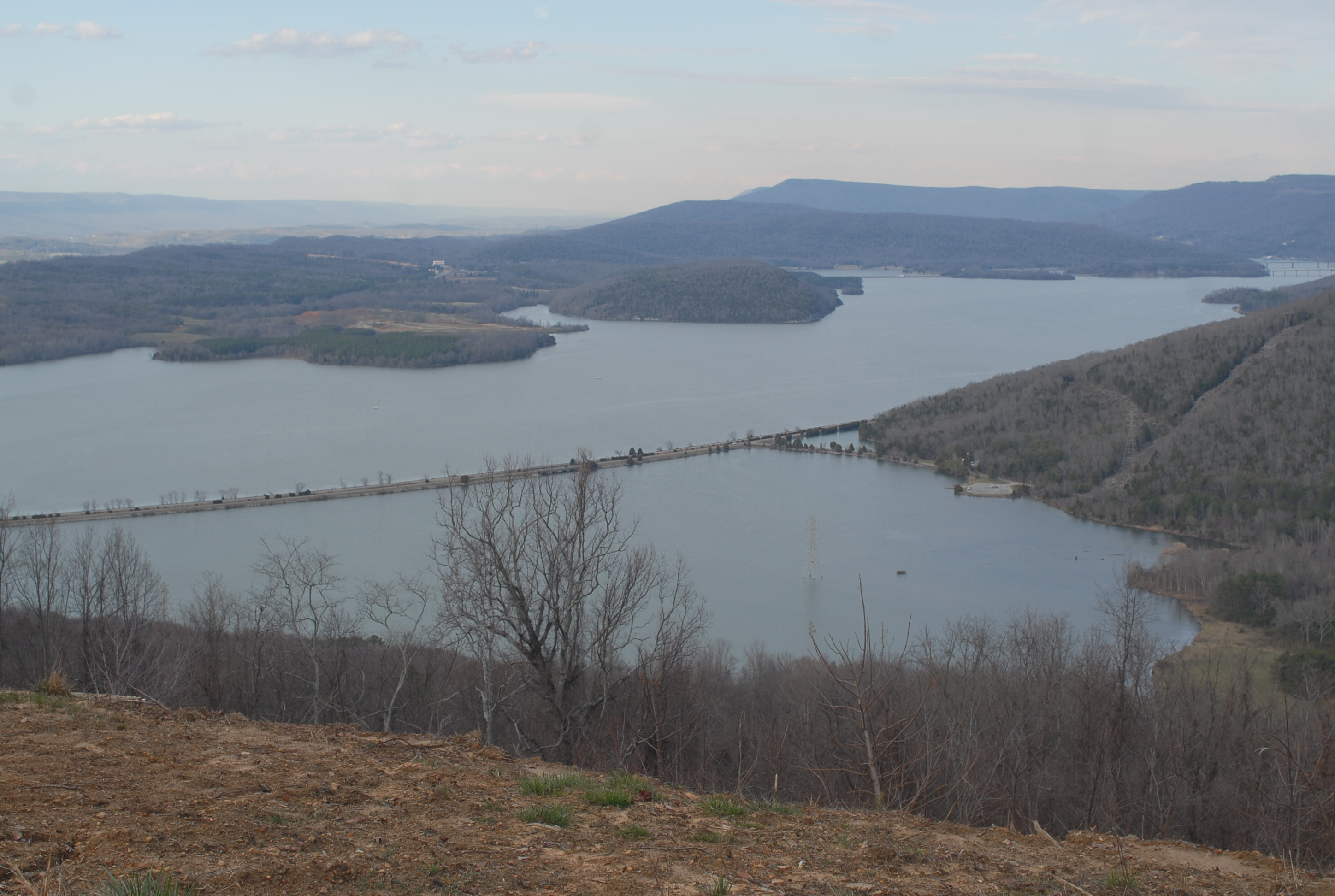Tennessee Gov. Bill Haslam rejects Georgia effort to access water
Friday, January 1, 1904
NASHVILLE - Bring it on, Georgia.
Tennessee Gov. Bill Haslam and TVA's new CEO, Bill Johnson, are indicating that Georgia's legislative effort to move the state border and divert Tennessee River water to Atlanta is little more than time-consuming fighting words.
Haslam, through a spokesman, said he has no interest in going along with Georgia's latest attempt to get access to the mighty river to help slake the Peach State's thirst for water. Georgia lawmakers are threatening to march into the U.S. Supreme Court to decide the nearly 200-year disputed state boundary issue if Tennessee won't grant access to the river in Marion County.
"The governor will continue to protect the interests and resources of Tennessee," Haslam spokesman David Smith said via email.
One Tennessee lawmaker, House Majority Leader Gerald McCormick, was more strident.
"Well, they've threatened to take us to court, so I guess we'll let the AG's [attorney general] office take care of it and go to court with them," said the Chattanooga Republican. "We're not going to pass a law to give them water."
Johnson, who became the head of the Tennessee Valley Authority on Jan. 1, said TVA's board of directors also will have a say in how the Tennessee River is used.
"That is fortunately an issue that our board will take up," Johnson said.
He indicated the board members haven't before thought the water-war talk merited TVA's input, but now they do.
"It's not just like the states can agree, because there is a federal statute giving authority over the river to the TVA board," he said.
That federal involvement adds layers -- and years -- of complication onto any possible planned use of the river's water.
A National Environmental Policy Act permit, commonly called NEPA, would be required, long before the many and various federal construction permits could be considered, TVA spokesman Mike Bradley said. And those federal approvals are over and above the interbasin transfer permits required by both Tennessee and Georgia state governments.
TVA's board meets next on April 18 in Columbia, Tenn.
Nonetheless, the Georgia Senate on Monday passed a House resolution offering to claim just a tiny unpopulated portion of Tennessee at Nickajack Lake, enough to withdraw water from the river.
The resolution, which was approved Tuesday by the Georgia House, also directs Georgia's attorney general to sue if negotiations fail.
The Georgia House voted 157-13 to adopt the resolution seeking a strip of land leading to the Tennessee River. The offer will be sent to Tennessee officials, who have rebuffed previous efforts.
Georgia lawmakers argue that an 1818 survey misplaced the 35th parallel. If Tennessee's southern border stretched along the parallel, as Congress decreed in 1796, Georgia could take water from the Tennessee River. The issue took on importance amid a dispute among Georgia, Alabama and Florida that threatened metro Atlanta's water supply.
The resolution says a lawsuit can be initiated if an agreement is not reached by the last day of the 2014 legislative session.
Atlanta is one of the few cities on the continent that was not built on a river or water source that could sustain it. Still the city keeps growing.
Atlanta's per-person water use number is 151 gallons a day, according to Georgia's Environmental Protection Department -- despite summer watering bans and public urgings for conservation.
Chattanoogans, on average, use 95 gallons of water per person per day, according to Tennessee American Water.
Estimates now indicate metro Atlanta and North Georgia would need at least 264 million gallons a day just to make up expected 2030 "net deficits" in the Chattahoochee and Coosa river basins that now serve them.
The Associated Press contributed to this story.




